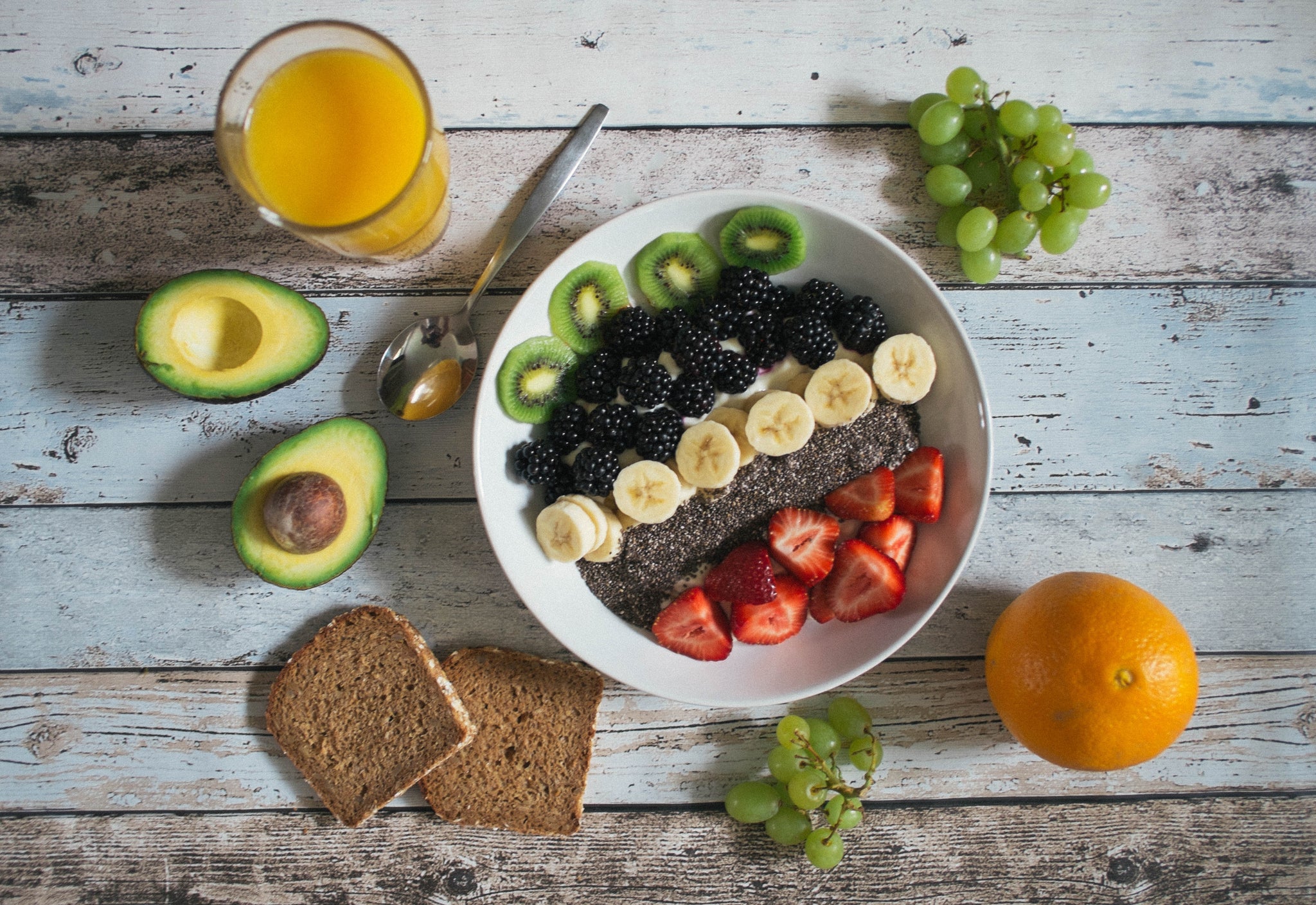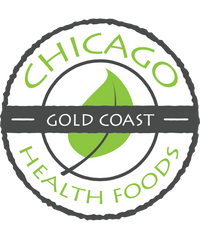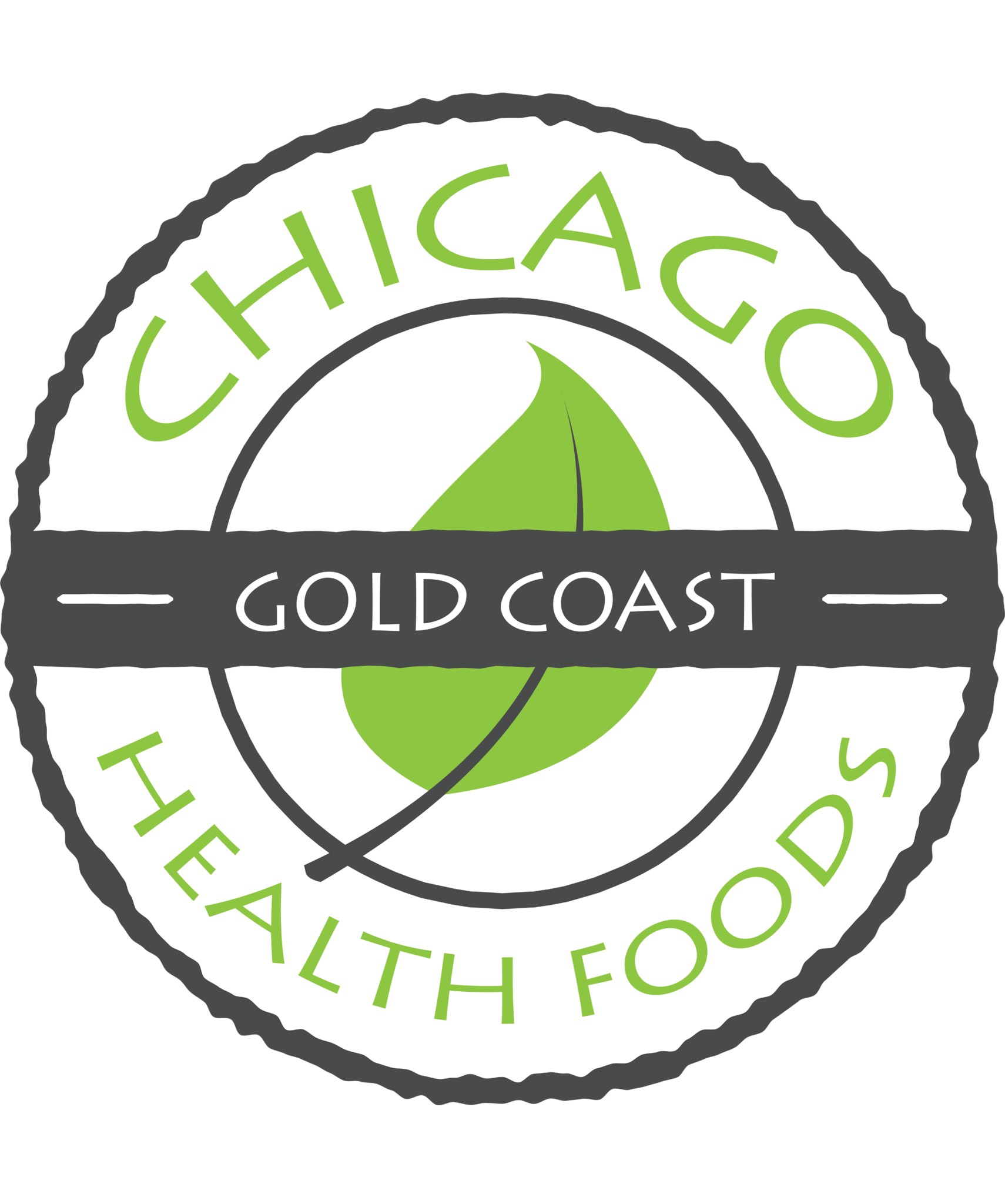
How do you get enough protein on a plant-based diet? Easy.
If you are vegan, you've been asked and have answered this question many times: "How do you get protein?!" That is probably the single question that most vegans hear from those who aren't vegan.
The answer is..."Pretty much everywhere." There is plant-based protein in broccoli, peas, corn, kale, beet greens, asparagus and mushrooms, to name a few that might surprise you. There is protein in grains like wheat and barley and seeds like amaranth and quinoa, chia, cranberry and flax. There is protein in the handful of nuts you grab for a snack. There is even protein in your glass of merlot!
Protein is one of the three macronutrients. The other two are carbohydrates and fats. You must consume enough protein each day because your body doesn't store protein like it does the other macronutrients, carbohydrates and fats.
Protein is important. It makes every cell in your body work. "Your body uses protein to build and repair tissues. You also use protein to make enzymes, hormones, and other body chemicals. Protein is an important building block of bones, muscles, cartilage, skin, and blood."
How much protein is enough? Nutritionists say 10-15% of your diet should be protein, about 46 grams per day for women and 56 grams per day for men -- yet the National Health and Nutrition Examination Survey found that the average American male eats about 102 grams of protein per day and the average female about 70 grams.
We're getting too much! And for some, that can lead to problems. "Excess protein has been linked with osteoporosis, kidney disease, calcium stones in the urinary tract, and some cancers."
So although you may get less protein on a plant-based diet, you will easily get plenty of protein if you eat a variety of veggies, grains, seeds, beans, nuts and fruits every day -- and you will probably be healthier for it. In recent years, many doctors, nutritionists and government recommendations have changed their recommendations to favor more plant foods.
Dr. Joel Fuhrman, a physician who specializes in functional medicine, recommends what he calls a "Nutritarian Diet" for best health. The Nutritarian Diet emphasizes the nutrient density of foods, which Dr. Fuhrman captures in the formula, H=N/C, Health=Nutrients/Calories. The most nutrient dense foods are those that provide the most nutrition in the fewest calories. With this focus, kale and other greens are at the top of his ANDI table (Aggregate Nutrient Density Index) with the maximum number of points, 1000. He describes the Nutritarian Food Pyramid like this: "By keeping low nutrient foods to a minimum and striving to eat at least 90% of calories from the unrefined plant foods that comprise the base of the pyramid each day, you construct a health-promoting, disease-preventing diet."
This plant-food based eating plan mirrors the diet that human evolution designed for us. We started out as plant-eaters. Our digestive system evolved to handle first meat, then cooked food, with teeth and jaws and our stomachs getting smaller. Even as hunter-gatherers, tho, which Paleo dieters claim as the foundation of their eating rules, meat was no more than 30% of the diet and that during only part of the year. The bulk of the diet came from foraging and consisted of plant foods.
Meat and dairy are dense forms of protein -- dense calorically as well, and that's where the problems develop. Our American diet is meat and dairy heavy, and much of the world is following our path. These concentrated proteins, while they might have worked well in another time that required tremendous physical exertion to get through the day are no longer beneficial.
The average American eats 3641 calories per day, which might have looked good on hunter-gatherers if they could find that much calorie-rich food to eat, but it doesn't do much for sedentary Americans. Where do all those calories come from? 13% meat, 14% dairy, which comes to 27%, and 37% from sugar and fats.
Excess fats go to...well, fat, along with all those added sugars we eat under 57 different names and all those highly refined flours and denatured veggies in commercial foods. While we excrete extra protein, it can be mischievous en route.
We are more likely to get just the amount of protein we need -- and lots of other great nutrients as well -- from whole, protein-rich plant foods like sprouted beans, lima beans, peas, succotash, kale, broccoli raab, mushrooms, edible pod peas, sweet corn, artichokes, spinach, collard greens, parsley, mustard greens, zucchini, cress, beet greens, arugula, Brussels sprouts, bamboo shoots, squash, asparagus, snap peas, cress, cauliflower and Chinese cabbage. It's easy to get plenty of protein from plant foods if you eat a wide variety of whole foods (veggies, fruits, seeds, nuts, grains, beans) every day.
For many of us, though, that's a big if, with our lifestyles. We don't have time to cook at home, and we're often on the run. Yet sufficient protein is critical to every cell and, along with vigorous exercise, is important for muscle mass. Protein supplements, like vitamin and mineral supplements, are an insurance policy for busy, health-minded people. Chicago Health Foods Plant Proteins include pea, cranberry seed, chia seed and Sacha Inchi seed, all from real, whole, protein-rich plant foods. Better yet, these plant proteins are gluten free, dairy free, soy free, non-gmo, and contain less than 1 gram of sugar and 9 grams of BCAAs and glutamine.
So get ready for the warmer season by getting into peak health condition. Build your muscle mass and strength with protein-rich plant foods and Chicago Health Foods Plant Proteins as an insurance policy. Get outdoors, get active, and have fun!

